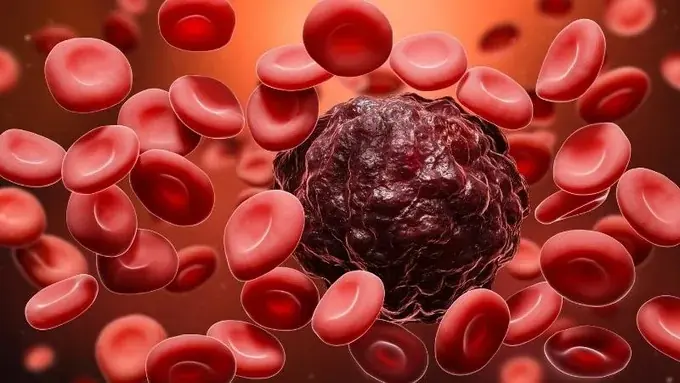
What Happens If You Consume Raw Garlic Daily

Garlic has been cherished for centuries — not only as a flavorful kitchen staple but also as a time-tested natural remedy. Packed with antioxidants, sulfur compounds, and essential nutrients, garlic is widely praised for its ability to strengthen the immune system, support heart health, fight inflammation, and even lower blood pressure. Whether eaten raw, roasted, sautéed, or taken as a supplement, garlic can be a true health booster when used in moderation.
However, as with many powerful natural foods, more isn’t always better. Consuming garlic every day in excessive amounts can lead to several unwanted side effects. Understanding where to draw the line can help you enjoy its health benefits safely and effectively.
1. Digestive Problems and Stomach Irritation
Raw garlic is extremely potent. Its pungent oils and sulfur compounds can irritate the delicate lining of your stomach, particularly when consumed in large quantities or on an empty stomach. This irritation can result in:
-
Bloating and gas
-
Nausea or stomach cramps
-
Heartburn or acid reflux
-
Diarrhea or loose stools
People who already have sensitive digestion, ulcers, or gastroesophageal reflux disease (GERD) may find these symptoms more pronounced. Cooking garlic tends to mellow its harshness and reduce irritation, but even cooked garlic can cause discomfort if eaten excessively. If you love garlic but have a sensitive stomach, it’s best to use it sparingly and pair it with food rather than consuming it raw.
2. Bad Breath and Body Odor
Garlic’s distinct smell comes from allyl sulfides, powerful sulfur-containing compounds that persist long after eating. Once digested, these compounds enter your bloodstream and exit through your lungs and skin, causing lingering odors that brushing and mouthwash can’t easily mask. Common effects include:
-
Persistent bad breath (halitosis)
-
Noticeable body odor, especially with regular intake
Even the most diligent oral hygiene routines may struggle to completely eliminate these odors. While it’s a small price for some to pay for garlic’s health perks, others might find it socially inconvenient — particularly in professional or close-contact settings.
3. Increased Risk of Bleeding
Garlic naturally acts as a blood thinner, improving circulation and reducing clot formation — an advantage for cardiovascular health. However, this same property can become risky for people who take anticoagulant or antiplatelet medications (like aspirin, warfarin, or clopidogrel). Excess garlic intake in such cases may lead to:
-
Frequent or unexplained nosebleeds
-
Easy bruising
-
Prolonged bleeding from cuts or surgery
If you’re on blood-thinning medication or preparing for a medical procedure, it’s essential to consult your healthcare provider before making garlic a daily habit.
4. Possible Drops in Blood Pressure
Garlic’s ability to reduce blood pressure is one of its most celebrated benefits. However, consuming it in large amounts may cause blood pressure to fall too low, especially in people who already have hypotension or take prescription medications for hypertension. This can lead to:
-
Lightheadedness or dizziness
-
Fatigue and weakness
-
Occasional fainting spells
Monitoring your garlic intake — particularly if you’re on medication — helps maintain a healthy balance without triggering unwanted side effects.
5. Allergic Reactions
Although relatively uncommon, garlic allergies do occur. Symptoms can range from mild skin irritation to more serious respiratory reactions. Watch for warning signs such as:
-
Red or itchy rashes
-
Swelling or hives
-
Sneezing, coughing, or breathing difficulties
-
In very rare cases, anaphylaxis (a severe allergic reaction)
Those with known sensitivities to onions, leeks, or other members of the allium family should be extra cautious.
6. Potential Liver Stress
Garlic is often celebrated for its detoxifying effects, but ironically, consuming it in very high doses — especially raw — can stress the liver instead of supporting it. Studies suggest that excessive garlic intake may trigger oxidative stress or enzyme imbalances in the liver over time. To keep your liver functioning optimally, moderation is key: enjoy garlic as part of a balanced diet rather than relying on it as a daily “detox” food.
How Much Garlic Is Safe?
For most healthy adults, 2 to 4 cloves per day (roughly one small bulb per week) is considered safe and beneficial. Consuming more than this regularly increases the likelihood of side effects. Garlic supplements, especially concentrated extracts, should always be taken under medical guidance, as they deliver much higher doses than food alone.
Final Thoughts
Garlic truly is a nutritional powerhouse — a natural source of healing compounds that support the body in countless ways. But as with many potent foods or herbs, balance matters. Excessive daily consumption can lead to digestive upset, unpleasant odors, bleeding risks, blood pressure fluctuations, allergic reactions, and even liver strain.
To reap garlic’s benefits safely, incorporate it moderately into a varied, whole-food diet. Pair it with other vegetables, grains, and lean proteins to maximize absorption and flavor. And if you have existing medical conditions or take medications, always consult a healthcare professional before turning garlic into a daily supplement.
Used wisely, garlic can remain what it has been for thousands of years — a humble, healing treasure from nature’s pantry.
News in the same category


Sharp Pain in Ear: Causes, Treatments and When to See a Doctor

Each Tooth Is Associated With An Organ In The Body – Pain In Each Tooth Can Predict Problems In Certain Organs

Amazing vitamin can help stop cancer growth and this is how much you need

THE BEST HOME REMEDIES THAT END CONSTIPATION FAST AND NATURALLY

Say Goodbye to Diabetes, Fatty Liver, and Joint Pain with This Powerful Remedy!

HIGH URIC ACID? SEE THE WARNING SIGNS & RELIEF TIPS

Prepare ginger this way to prevent cancer, reduce cholesterol and lower blood sugar levels!

Mini Stroke in People Over 40

Doctors reveal that eating APPLES causes...

ALERT! 7 Early Signs Your Kidneys Are Crying for Help

Why You Shouldn’t Pluck Your Nose Hairs

Top 15 Bizarre Signs of Magnesium Deficiency You Need to Know

5 Foods That Can Damage Your Thyroid (Even Though They Look Healthy)
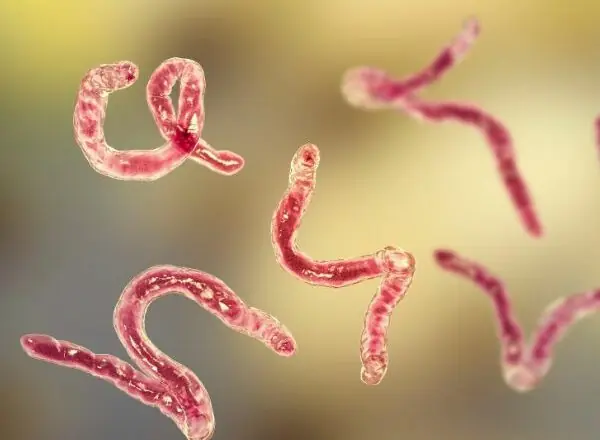
4 Powerful Remedies to Eliminate Parasites — #2 Will Surprise You!

10 Early Warning Signs Your Liver Is in Trouble (Don’t Ignore #4!)

7 Heart-Healing Foods Your Cardiologist Won’t Tell You About

Say Goodbye to Joint and Bone Pain Naturally with This Ancient Herbal Remedy

Do you belong to these 4 types of people? You should know now.
News Post

Expert, 95 Years Old with 60 Years of Cancer Research Reveals: You Must Avoid These 4 Things So Cancer Doesn’t Come Knocking

Sharp Pain in Ear: Causes, Treatments and When to See a Doctor

Each Tooth Is Associated With An Organ In The Body – Pain In Each Tooth Can Predict Problems In Certain Organs

Here’s the secret why everyone puts avocados on the fire!

Amazing vitamin can help stop cancer growth and this is how much you need

Euphorbia Hirta: 30 Benefits and How to Use It Safely

THE BEST HOME REMEDIES THAT END CONSTIPATION FAST AND NATURALLY

Lady places cup of vinegar into microwave. Here’s the genius reason why

Say Goodbye to Diabetes, Fatty Liver, and Joint Pain with This Powerful Remedy!

My nana taught me this hack to remove hard water stains in 2 mins with 0 work. Here’s how it works

🕷️ Little Black Bugs in the Bathroom? Here’s What They Are & How to Get Rid of Them for Good

Choose a Nail to Discover What Kind of Woman You Are

Never Do These 15 Things for a Man (Even If You’re Madly in Love With Him)
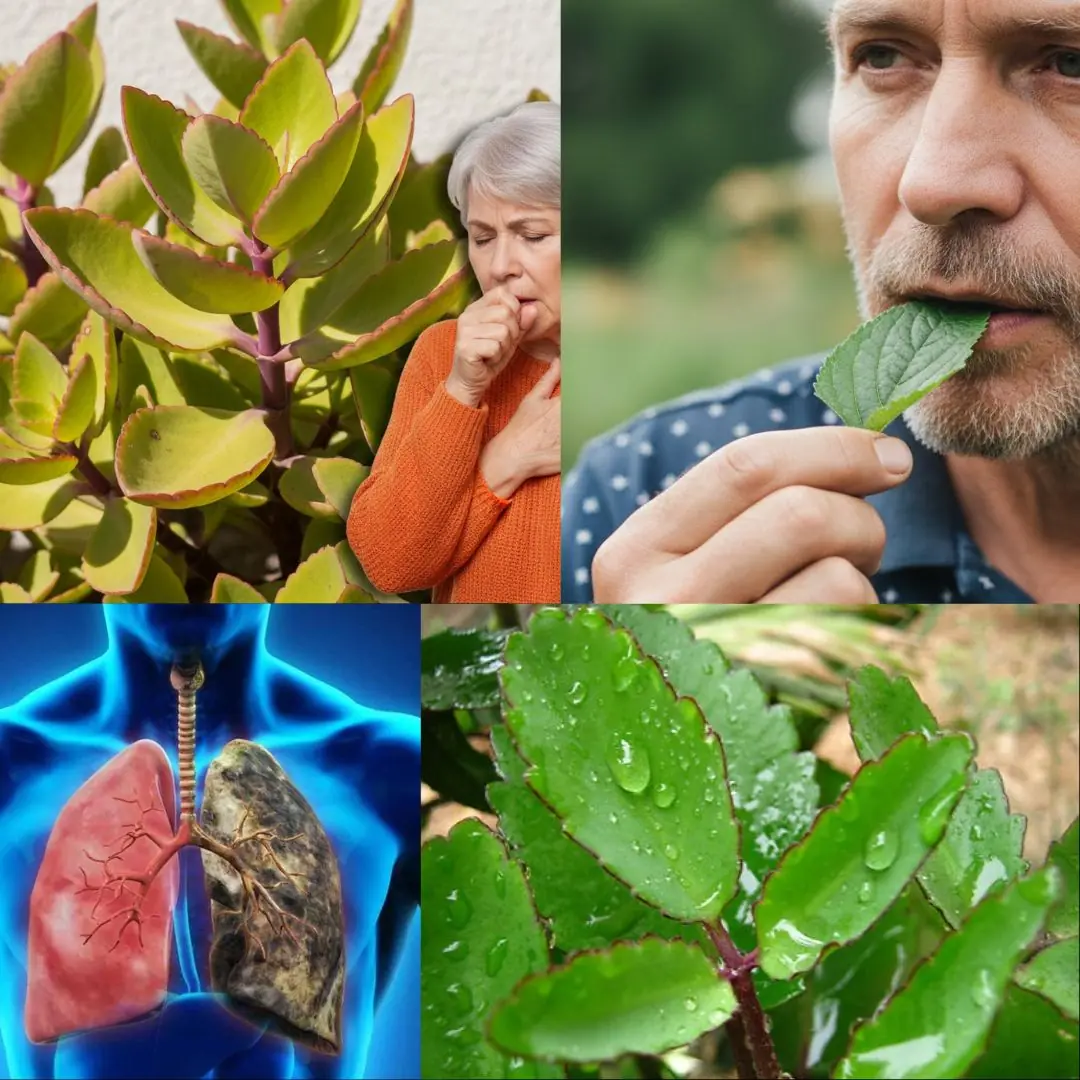
11 Surprising Benefits of The Miracle Leaf of Life

What an Unusual Odor in the Intimate Area Reveals: Signs You Shouldn’t Ignore
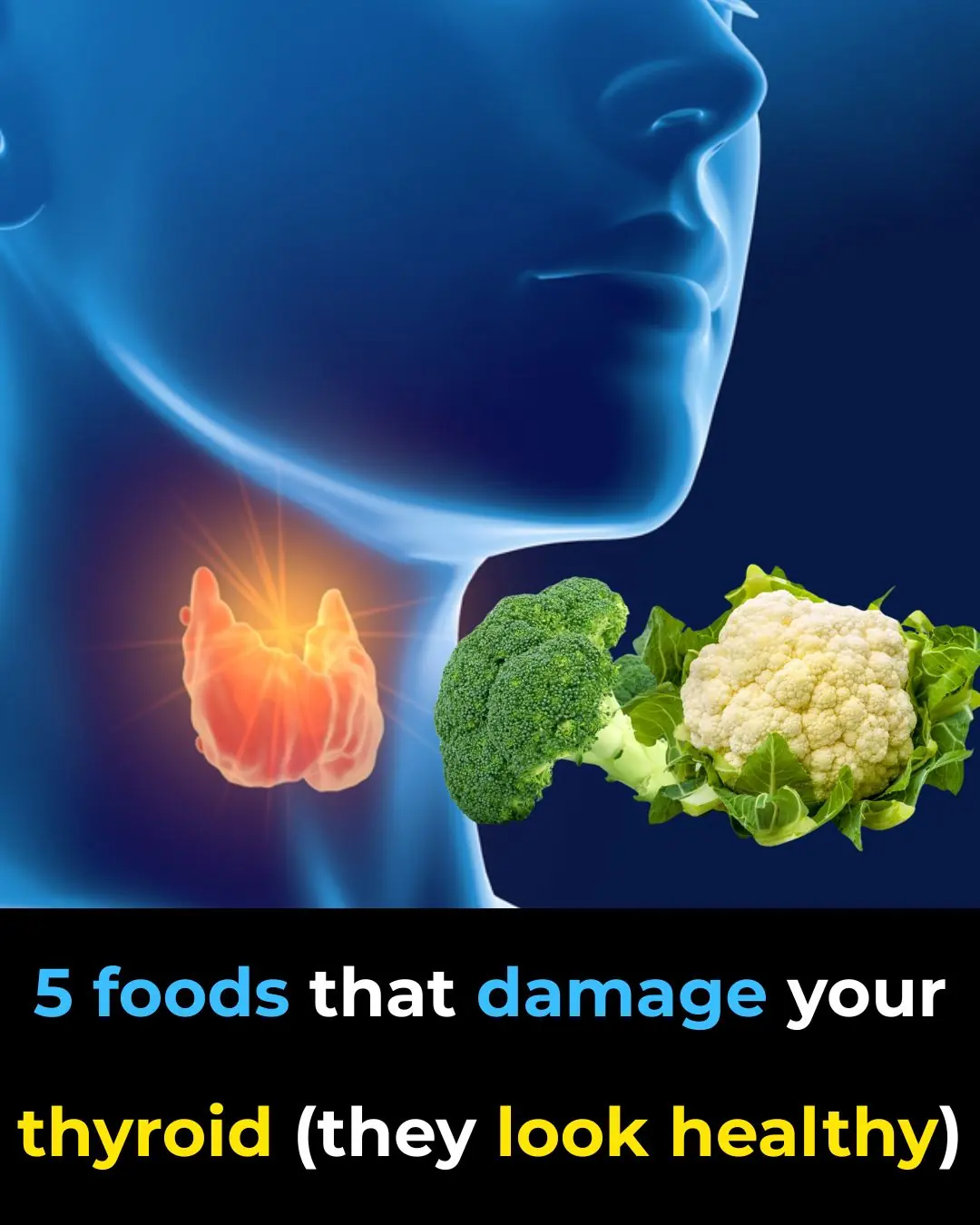
5 foods that damage your thyroid (they look healthy)
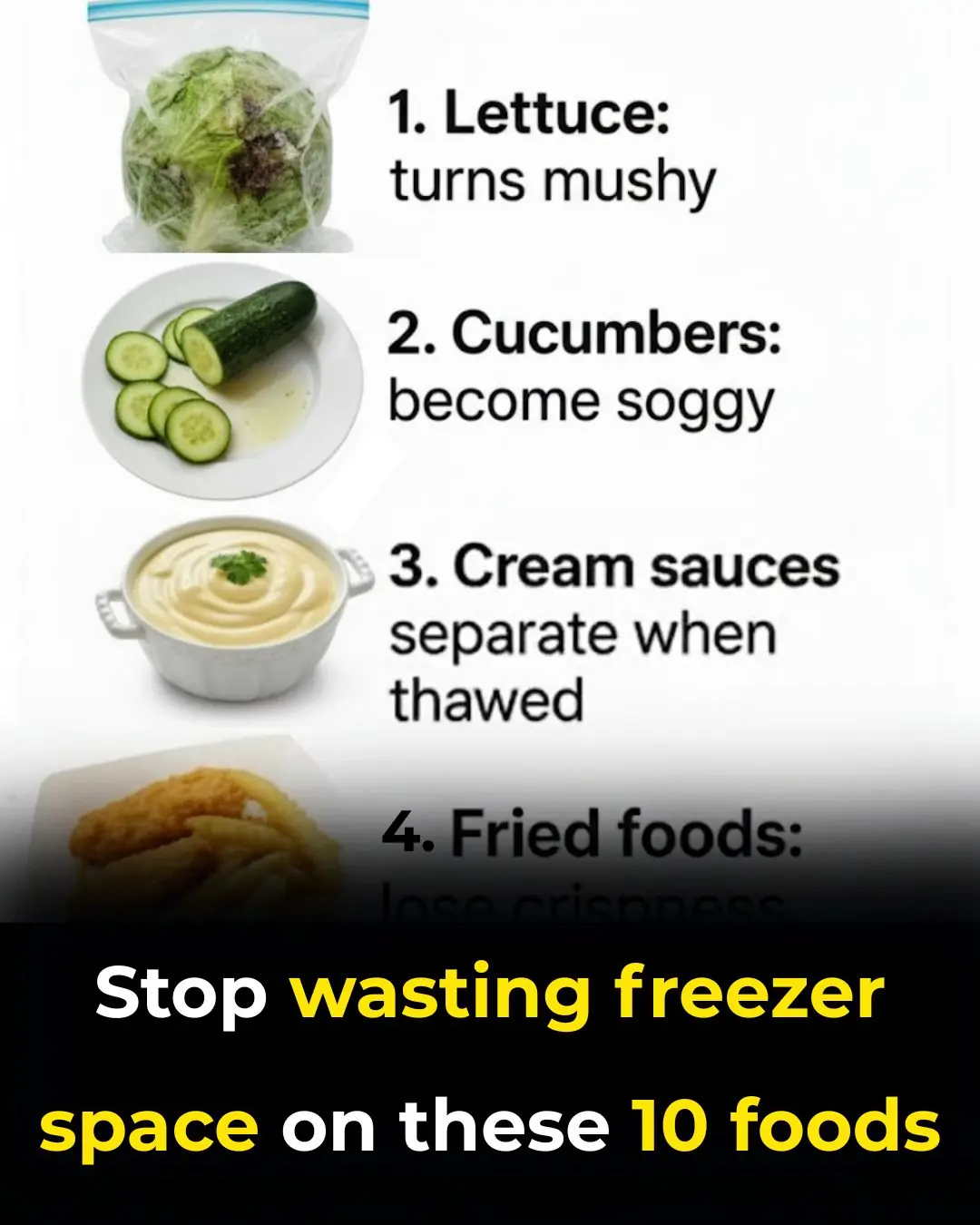
Stop wasting freezer space on these 10 foods

HIGH URIC ACID? SEE THE WARNING SIGNS & RELIEF TIPS

Prepare ginger this way to prevent cancer, reduce cholesterol and lower blood sugar levels!
